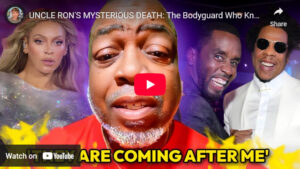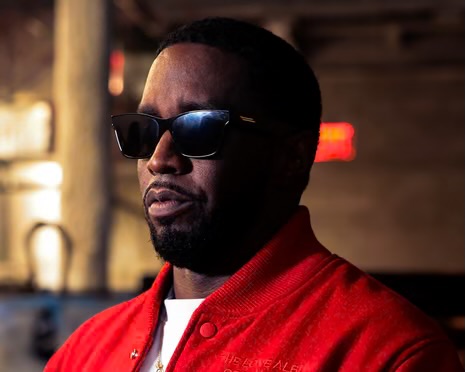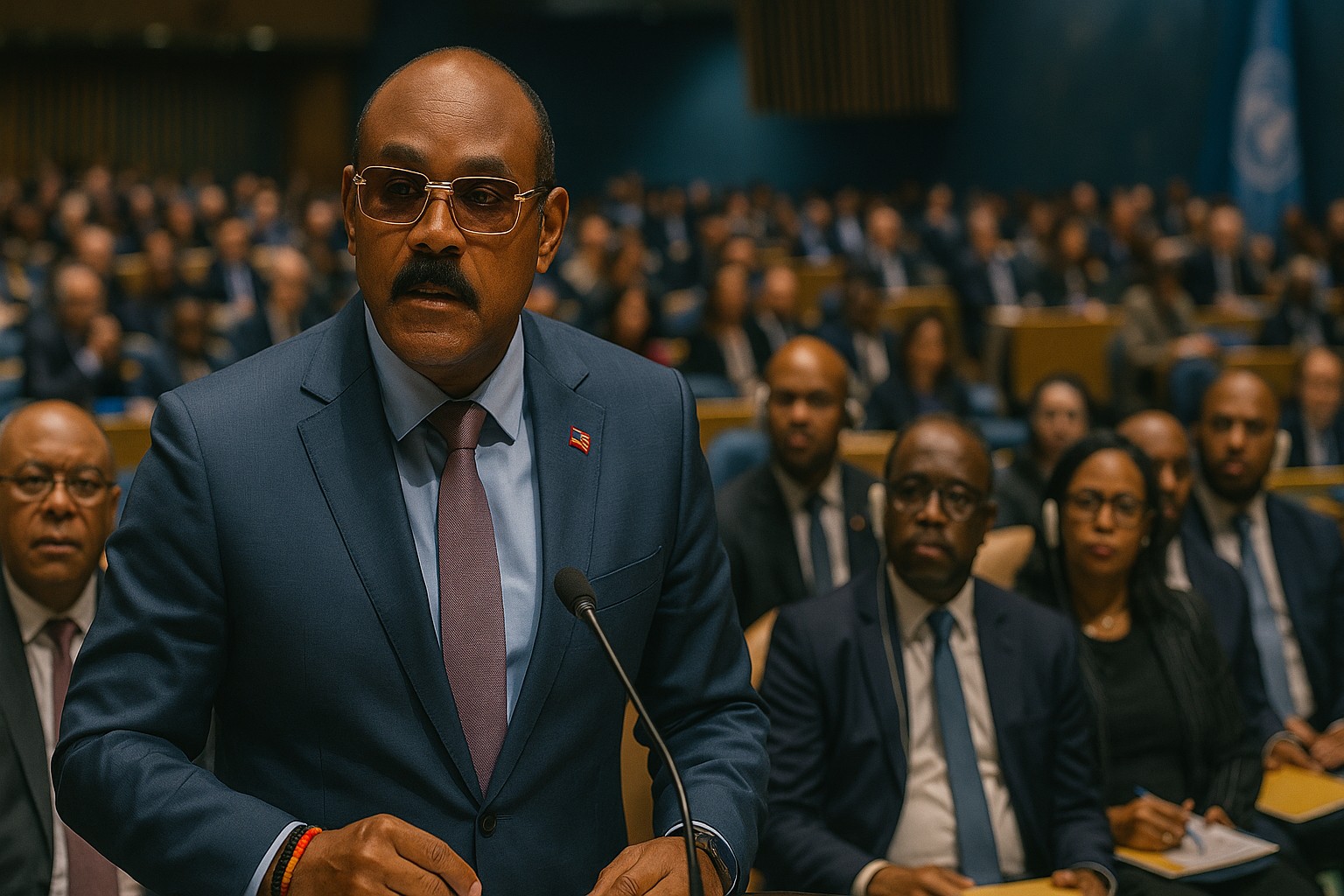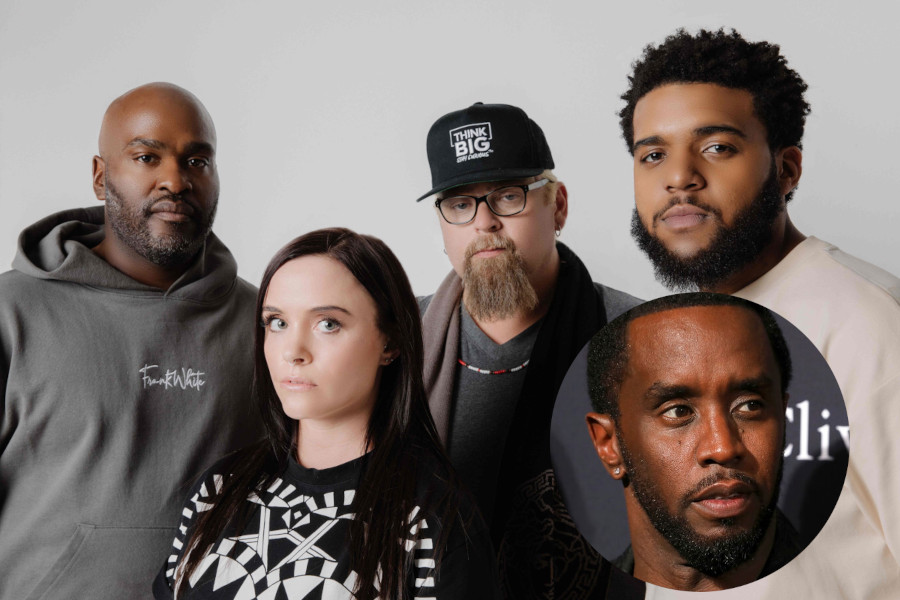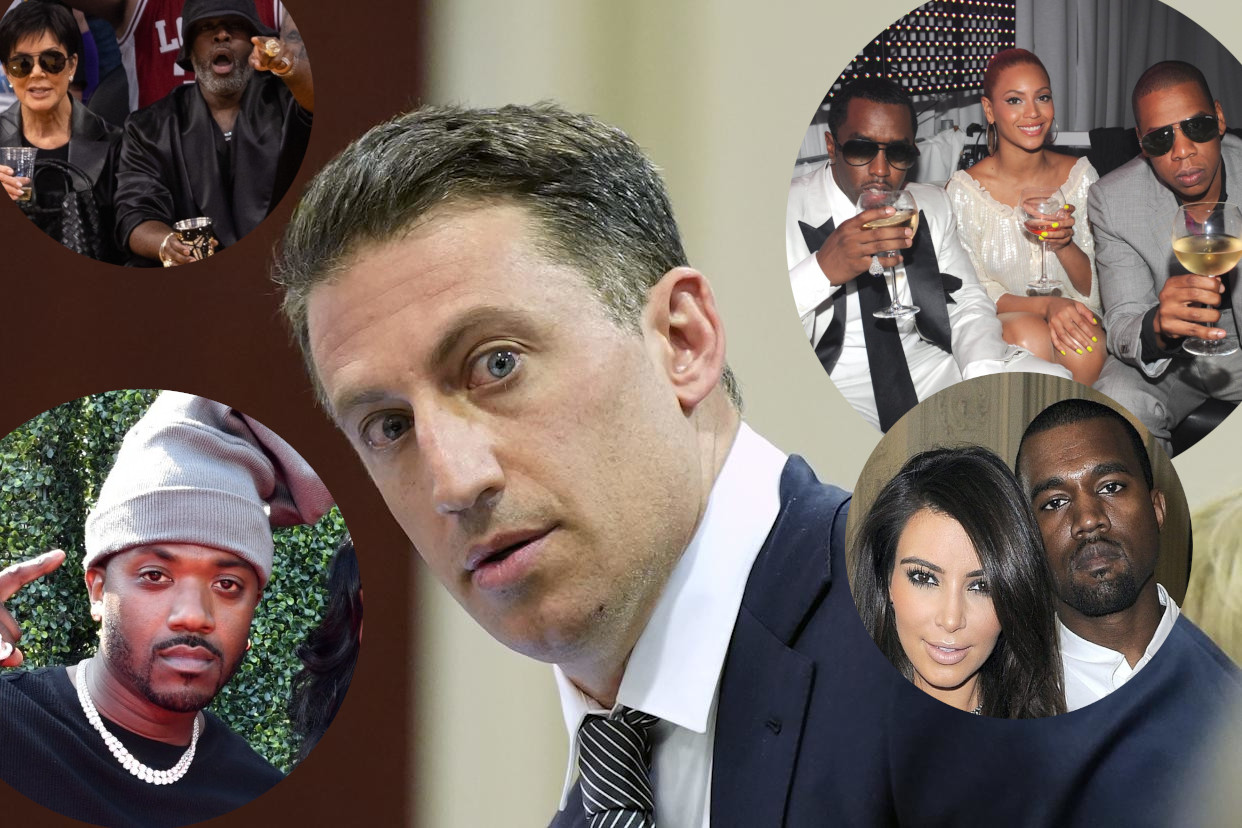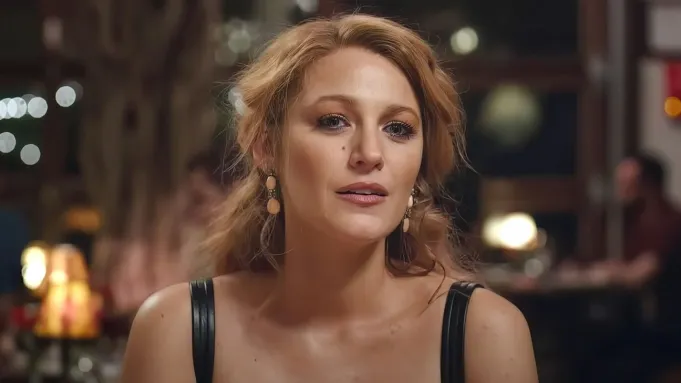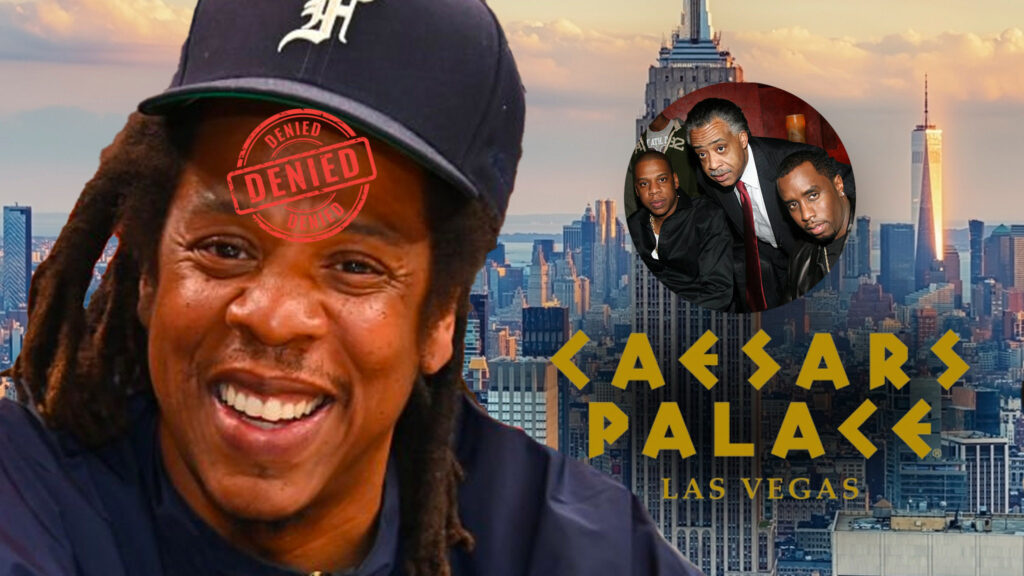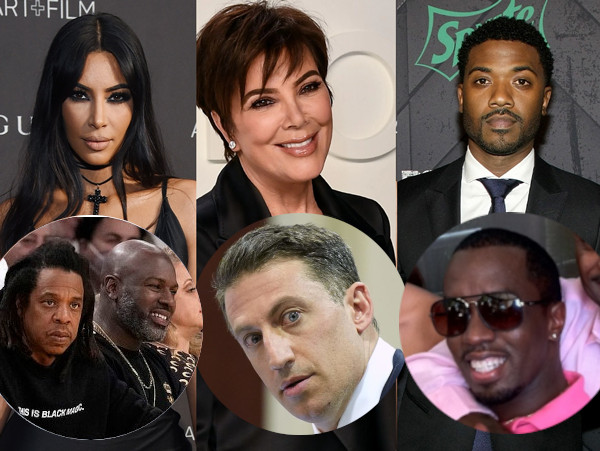In a world where celebrity status often intertwines with secrecy and danger, the case of Uncle Ron—a bodyguard who was deeply integrated into the lives of music icons like Beyonce, Jay-Z, and Diddy—has drawn attention and intrigue. Their relationships, while seemingly glamorous, come with shadows that often remain concealed from the public’s eye.
Uncle Ron was not just another security detail; he was privy to the inner workings of the high-profile individuals he protected. His untimely demise has raised numerous questions about what he may have known and whether that knowledge led to his tragic fate. With whispers of complicity, cover-ups, and a potential connection to darker incidents in the celebrity sphere, the implications of his death reverberate through the entertainment world.
Furthermore, this incident coincides with recent controversies surrounding Jay-Z. Reports indicate that Alex Spiro, his attorney, has been entangled in a web of allegations involving impersonating law enforcement and committing perjury. These developments hint at a deeper, unsettling pattern of misconduct and power dynamics in the realm of celebrity legal representation.
As we continue to explore Uncle Ron's legacy, it becomes glaringly evident that the life of a bodyguard comes with more than just the responsibility of physical safety. It encapsulates loyalty, secrecy, and the burdens of knowing too much. This serves as a stark reminder of the complexities and perils faced by those who walk through the dangerous territories of fame alongside their clients.
The concerning nature of his death and the legal troubles surrounding Jay-Z's team not only fuel speculation but also paint a troubling picture of the pressures that celebrities and their protectors alike must navigate. What truths were hidden in Uncle Ron’s knowledge, and what risks are inherent in being associated with the upper echelon of the celebrity world?

